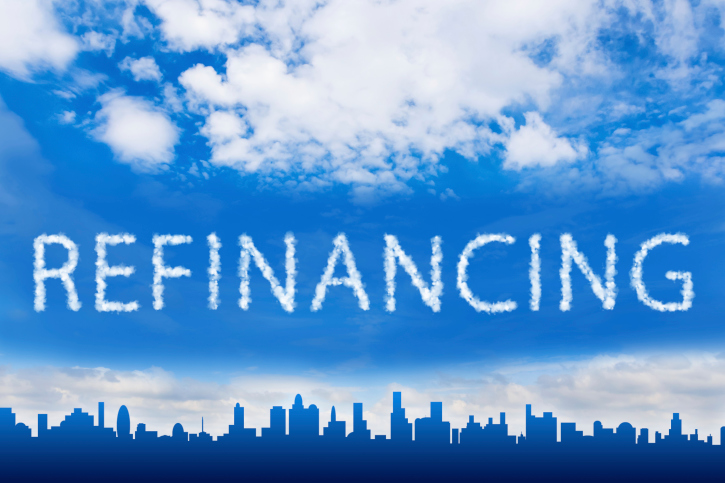 When it comes to purchasing a home, one of the most significant financial decisions you’ll make is how much to put down as a down payment. Your down payment not only affects the amount you need to borrow but also plays a vital role in determining your mortgage interest rate and overall financial stability. Here are crucial tips to keep in mind when making a down payment for a home:
When it comes to purchasing a home, one of the most significant financial decisions you’ll make is how much to put down as a down payment. Your down payment not only affects the amount you need to borrow but also plays a vital role in determining your mortgage interest rate and overall financial stability. Here are crucial tips to keep in mind when making a down payment for a home:
Determine Your Budget and Financial Goals:
Before you start setting aside money for a down payment, you must understand your budget and financial goals. Assess your current financial situation, including your income, expenses, and existing debt. Consider factors such as your credit score, job stability, and long-term financial objectives.
Make sure your down payment doesn’t deplete your savings entirely, leaving you vulnerable to unexpected expenses or emergencies. Typically, a down payment of 20% is recommended, as it can help you avoid private mortgage insurance (PMI) and secure a more favorable mortgage rate. However, if you can’t afford a 20% down payment, don’t worry – there are other options available, such as FHA loans or VA loans, which require smaller down payments.
Research Mortgage Options:
When deciding on a down payment amount, it’s crucial to explore the various mortgage options available. Different types of mortgages have different down payment requirements. Here are a few examples:
- Conventional Mortgage
- FHA Loan
- Non-QM Loan
- VA Loan
- USDA Loan
Research these options and discuss them with a mortgage professional to find the best fit for your financial situation and homeownership goals.
Plan for Closing Costs:
When budgeting for your down payment, don’t forget about closing costs. These are the additional expenses associated with finalizing the purchase of your home, such as appraisal fees, title insurance, and legal fees. On average, closing costs can range from 2% to 5% of the home’s purchase price.
To avoid any last-minute financial stress, it’s wise to save some extra money specifically for closing costs. You can also negotiate with the seller to cover a portion of these costs as part of your purchase agreement.
Making a down payment for a home is a significant financial decision that requires careful consideration and planning. By determining your budget, researching mortgage options, and accounting for closing costs, you can navigate the homebuying process with confidence and secure the home of your dreams while maintaining your financial stability. Remember, homeownership is a long-term commitment, and making an informed down payment is a critical step in building a secure and comfortable future for you and your family.


 Managing multiple debts can become overwhelming and burdensome. Juggling various loan payments with varying interest rates and repayment terms can lead to financial stress and missed opportunities. One solution that borrowers often consider is consolidating their debts through a mortgage refinance loan. While this approach can be beneficial for some, it’s crucial to carefully evaluate its pros and cons before deciding.
Managing multiple debts can become overwhelming and burdensome. Juggling various loan payments with varying interest rates and repayment terms can lead to financial stress and missed opportunities. One solution that borrowers often consider is consolidating their debts through a mortgage refinance loan. While this approach can be beneficial for some, it’s crucial to carefully evaluate its pros and cons before deciding. When you apply for a new mortgage, the lender will evaluate your creditworthiness to determine whether to approve your application and what terms and interest rate to offer you. Your existing debt can affect your creditworthiness in several ways:
When you apply for a new mortgage, the lender will evaluate your creditworthiness to determine whether to approve your application and what terms and interest rate to offer you. Your existing debt can affect your creditworthiness in several ways: